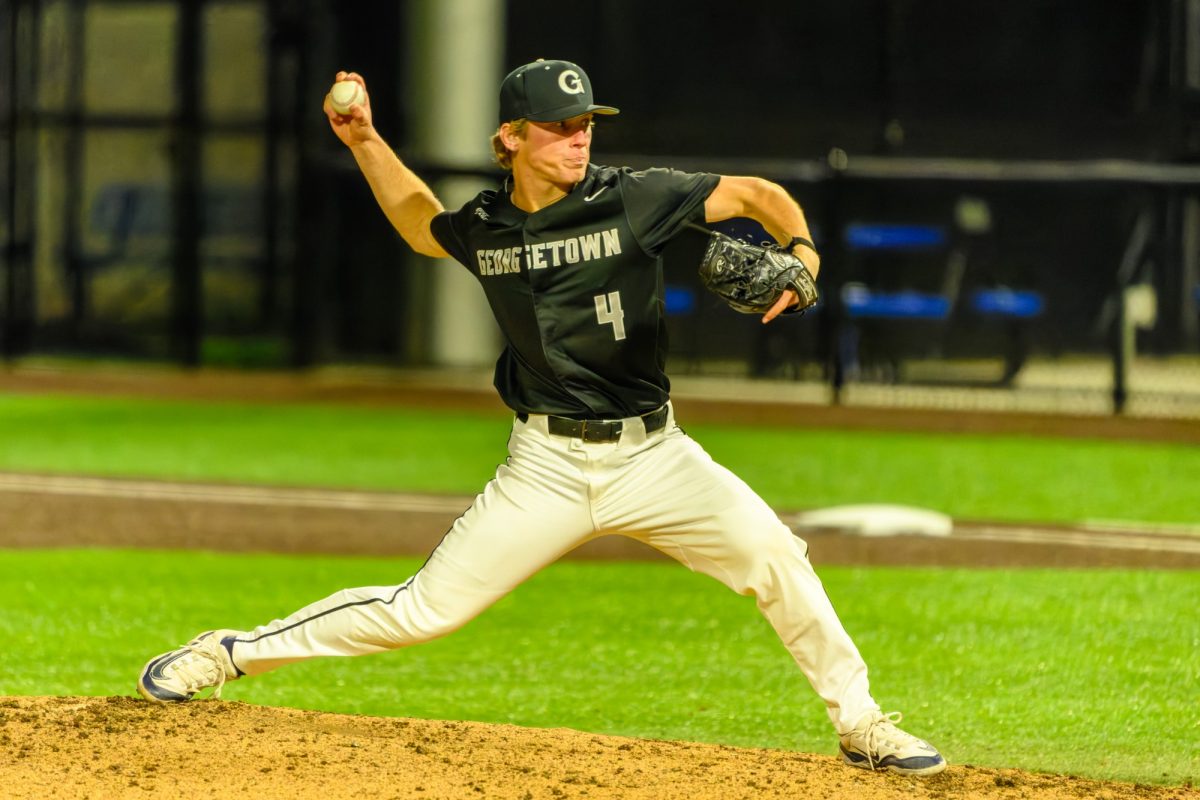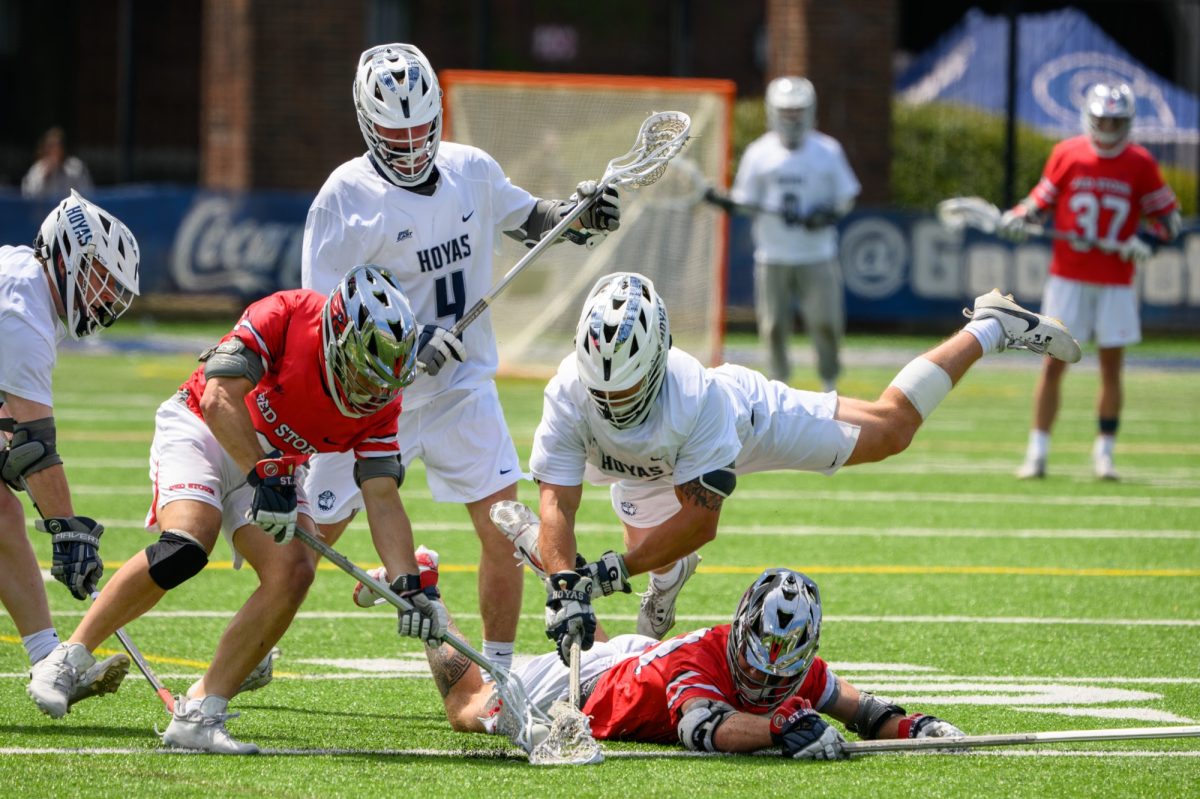There are times when the people entrusted to protect something become that object’s biggest threat. This has happened with Major League Baseball Commissioner Rob Manfred and a recently proposed rule that would begin every extra inning with a runner on second base. This proposed rule, which will be tested and evaluated in Minor League Baseball this upcoming season, is hardly worthy of study; it is foolish and should not merit consideration. If baseball is truly concerned with the amount of time it takes to play a game, there are better ways to change the rules than ruin extra innings.
In 2016, Major League Baseball games took an average of three hours and four minutes to complete. This is in between the averages for recent years because baseball focused on the pace of play issue beginning in 2015. Because most teams play six or seven games a week and many of the viewers have an increasingly short attention span, baseball has a legitimate interest in keeping the pace of play up. The biggest problem with the proposed rule is that it would not meaningfully target the major causes of the alleged problem.
Research from the Chicago Tribune pointed out that about 7.6 percent of all MLB games went into extra innings last season. Of that 7.6 percent, two-thirds ended in the 10th or 11th inning. Out of 2,428 regular season games, only eight — 0.03 percent of games — lasted 15 innings or longer. It is absurd to think that this rule will have any legitimate effect on the average length of a game when a vast majority of games end quickly without having runners on second base at the beginning of each extra half-inning.
Another popular alleged culprit is instant replay. This, too, is a baseless criticism. According to MLB Replay Stats, the average length of a replay is about two-and-a-half minutes, and there is about half a replay per game on average. Replay, then, is responsible for about a minute of the game’s length. I believe most fans would trade that minute for the ability to ensure accurate calls on the field.
This proposed change is all the more surprising given the traditional nature of baseball. Almost without question, baseball and its fans take great pride in the game’s history and how, save for equipment innovations and changes in the physical makeup of players, the game reserves a certain sense of continuity. There is a principled argument to be made that changing baseball’s rules to alter how the game is played in the name of expediency goes against everything for which it stands.
Given that this rule change would both distort the procedure and outcome of baseball and does not address the heart of the problem, it is worth exploring other possible options that solve the problem without changing the on-field dynamics of the game. One idea would be to shorten the season. This is a contentious idea because it directly pits the interests of the owners against those of the players. The owners do not want to make the fiscal sacrifice of playing fewer home games, and the players would not want to take pay cuts in exchange for fewer games. Although there are credible arguments on both sides, it seems highly unlikely that a shortened season will arise anytime soon.
A more innovative proposal, however, is to shorten the length of the games themselves from nine innings to eight. In practice, by cutting one inning from each team’s game, it would be the equivalent of cutting 18 games from the schedule. Though the players may not yield 18 additional off days as they might prefer, it is reasonable to think there would be long-term stamina and health benefits, especially to pitchers. The owners would not have to sacrifice much because the amount of games does not change and the potential health benefits to players could lead to an improvement in the quality and consistency of the product.
For baseball purists, this may be the best compromise. Shortening the game does not actually change how a winner is determined or how the game is played. Tactical innovations and the increasing specialization of relief pitchers are already taking the game in that direction and rules that prevent legitimate, legal strategy should be received with massive skepticism.
It is encouraging that “America’s Pastime” is choosing to evolve to make its game attractive to a new and vastly different generation. Unfortunately, the current propositions targeting extra innings would be ineffective and would distort a game that needs no modification.
















bobo123 • Feb 17, 2017 at 4:29 pm
Dude, if you don’t have enuf time in your life to watch a whole baseball game, YOU’RE the one with a problem, not baseball.
Go fix your life, leave baseball alone.
Kevin Stephens • Feb 17, 2017 at 1:47 pm
Take the commercial breaks back to 90 seconds FLAT and every game would immediately be reduced by 18 minutes.